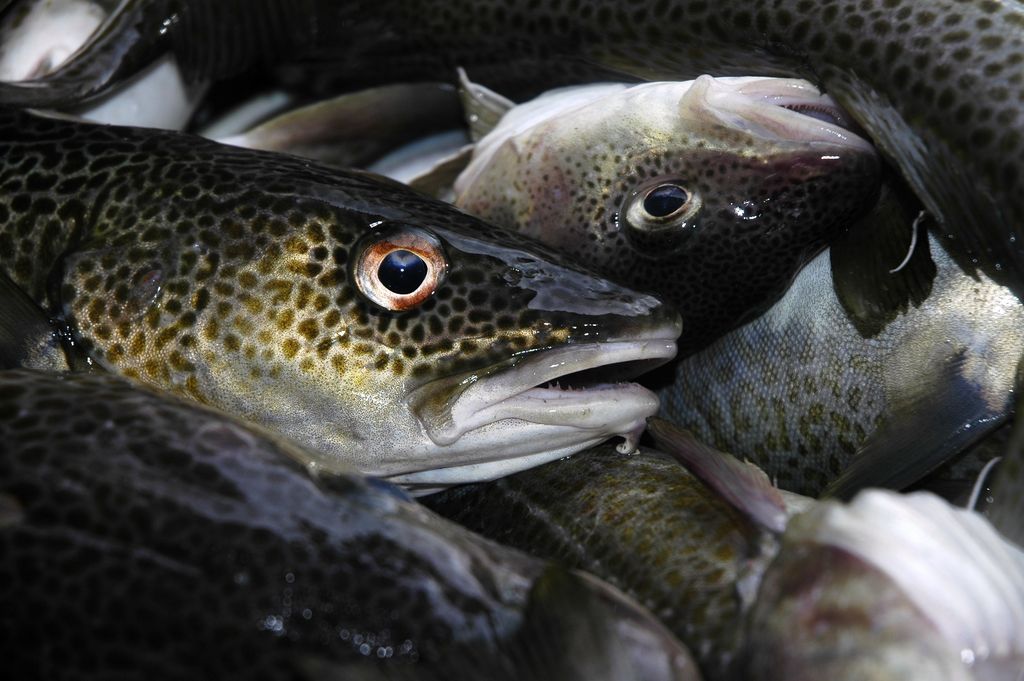There was specific concern on eastern Baltic cod (EBC) over many years – until 2007 this stock was considered severely overfished. But then total allowable catches were set in accordance with the management targets, and illegal overfishing was terminated. Until 2010, the stock recovered quickly and the outlook was promising. But now the stock is in crisis again: A part of the population shows clear signs of food shortage, although there is sufficient herring and sprat, the usual prey for EBC, available in the area. Further, the International Council for the Exploration of the Sea (ICES) was unable to present an analytical assessment for this stock, because the results of different models were inconclusive. In spite of lots of data available, it wasn’t even possible to determine whether the stock developed favourably or was at a low. To solve these problems, 47 scientists from Baltic countries, France and North America met early March at the Thünen Institute of Baltic Sea Fisheries for the „ICES Baltic Cod Benchmark Workshop (WKBALTCOD)“. It became clear that the stock had indeed declined since 2010, due to unfavourable environmental conditions. The group could not agree on a new assessment model, age and growth data would first have to be validated. This will require at least another year.
An agreed assessment methodology could be presented for the second Baltic cod stock, the one in the western Baltic Sea. ICES is now able to conduct a stock-specific assessment, while previous assessments were area specific (for Subdivisions 22-24). The impact of cod of eastern Baltic origin in the western area has increased since its recovery, which had the potential to mask a negative development of the western stock. The perception of the stock trends is therefore more pessimistic than the previous ones, which will likely result in an advice to reduce catches from the stock. ICES will publish its advice for all Baltic stocks on May 29th.

![[Translate to English:] [Translate to English:]](/media/_processed_/d/7/csm_Startseite-OF_03_c0dfd6e750.png)
![[Translate to English:] [Translate to English:]](/media/_processed_/a/3/csm_20181116-151457-Stella-Jerome-Fischfalle-Warnem%C3%BCnde-Dorsche-im-Netzk%C3%A4fig-5691_heller_3050c72fa2.png)






